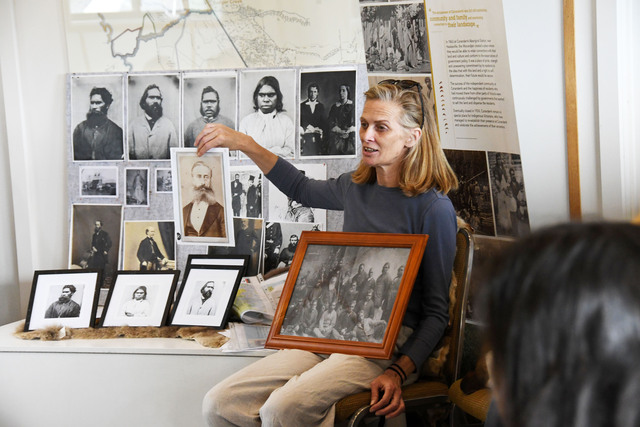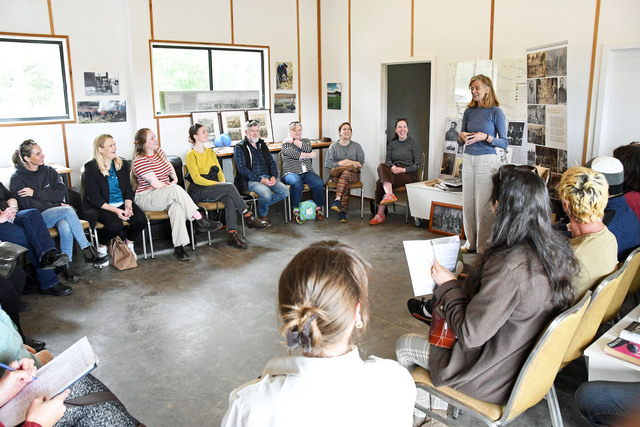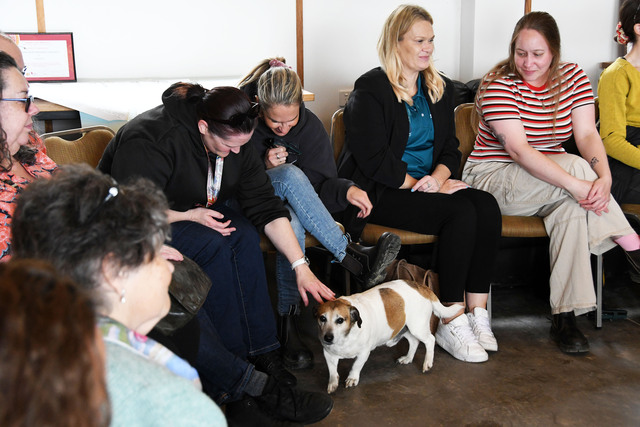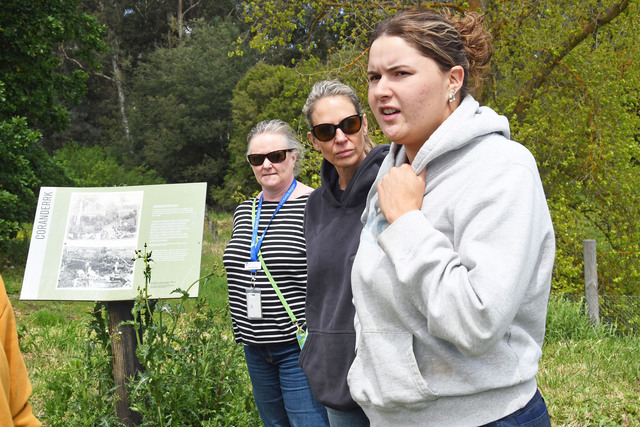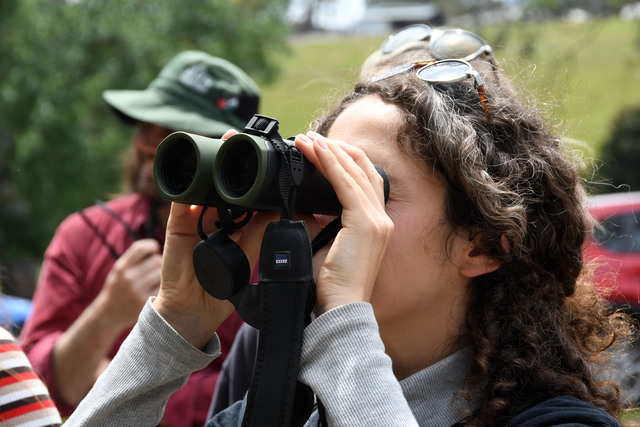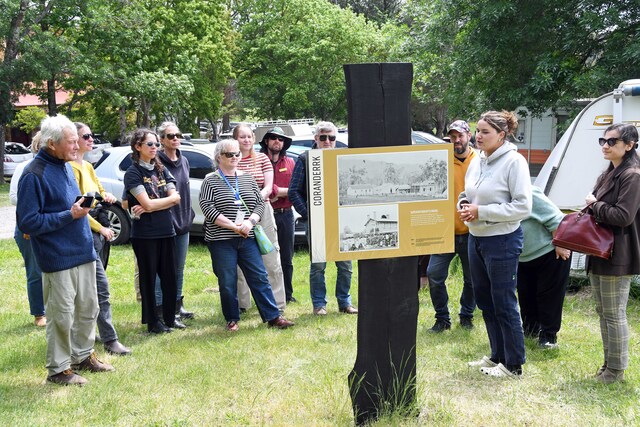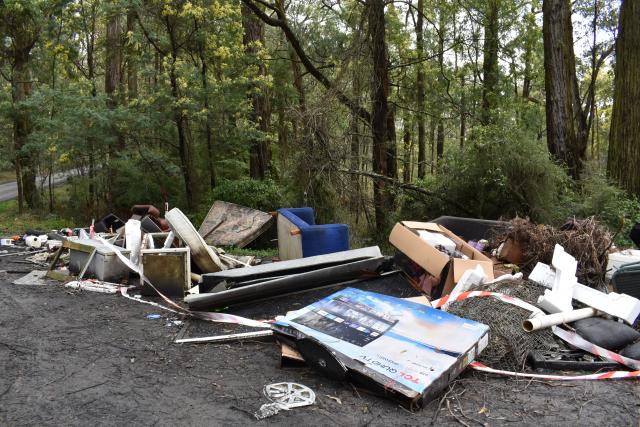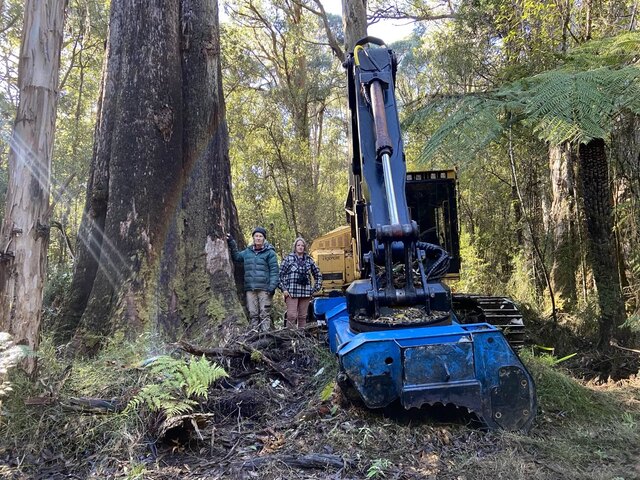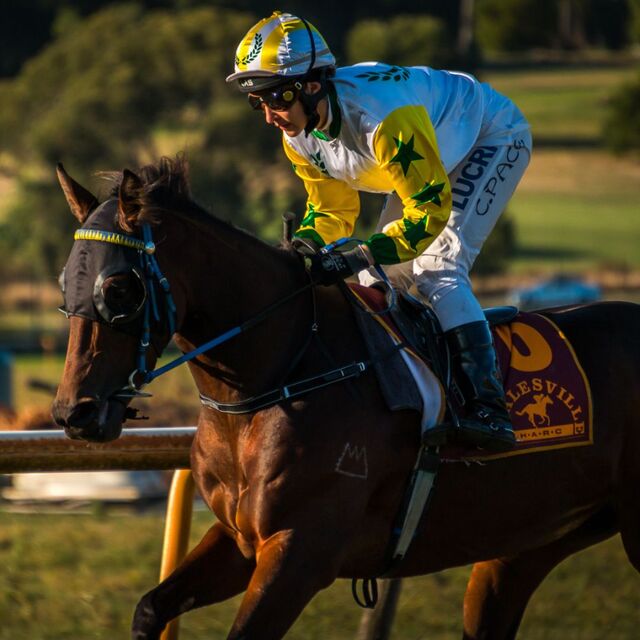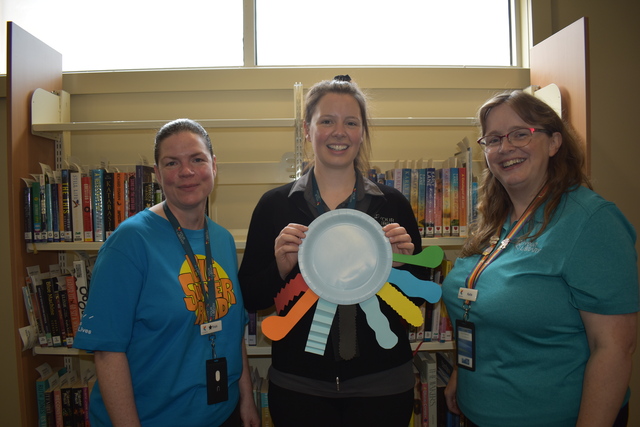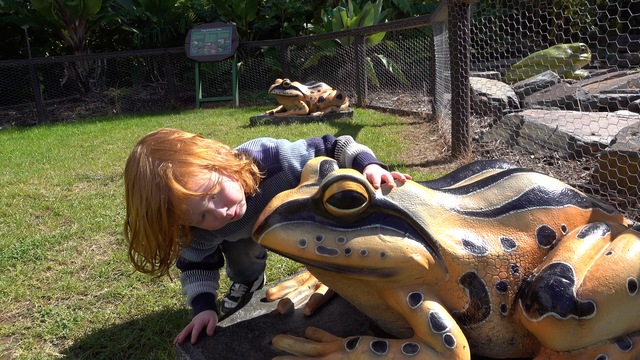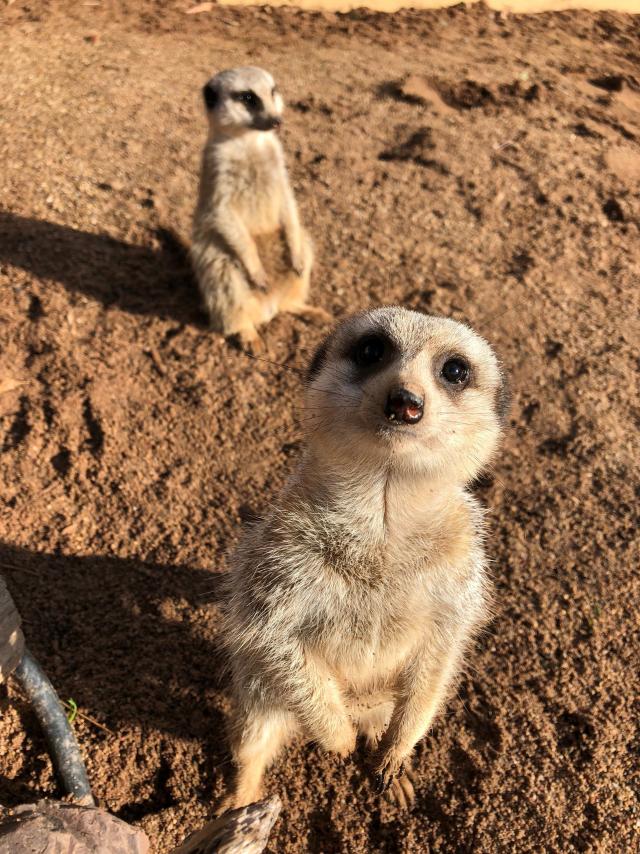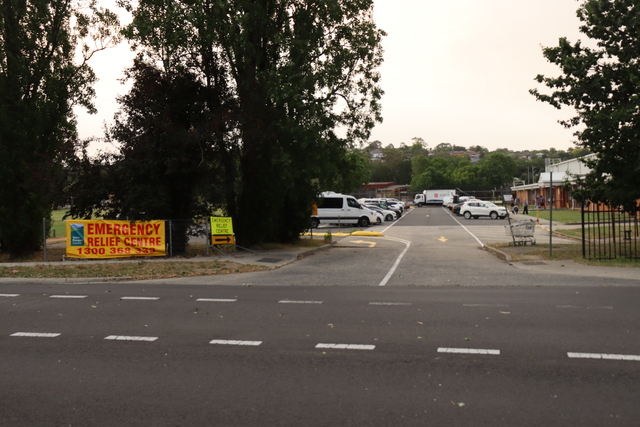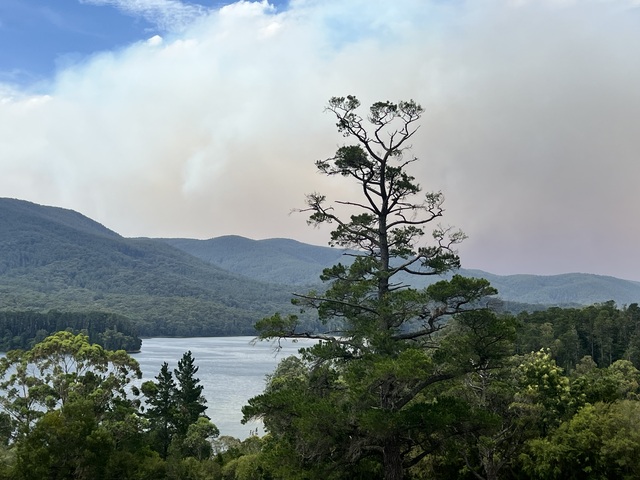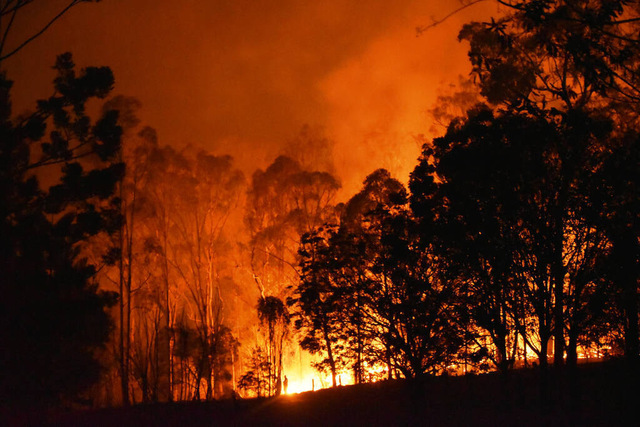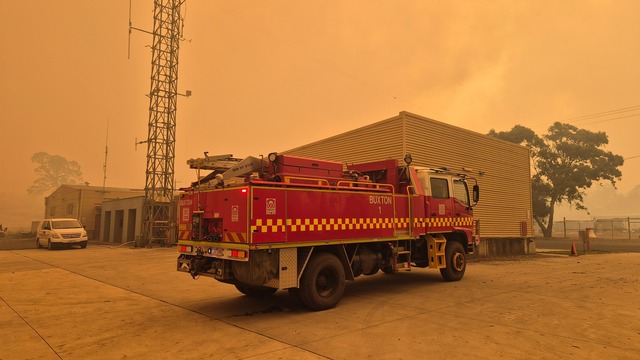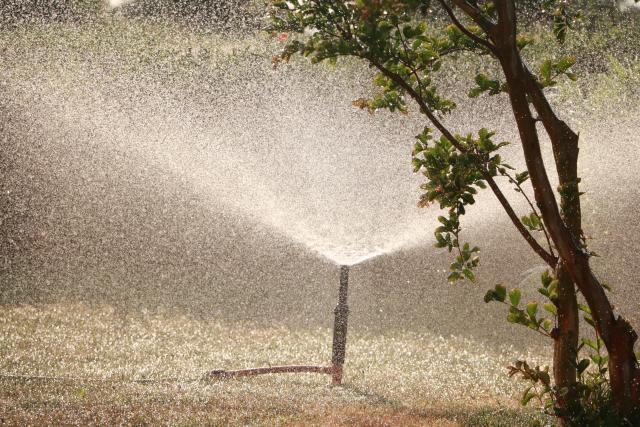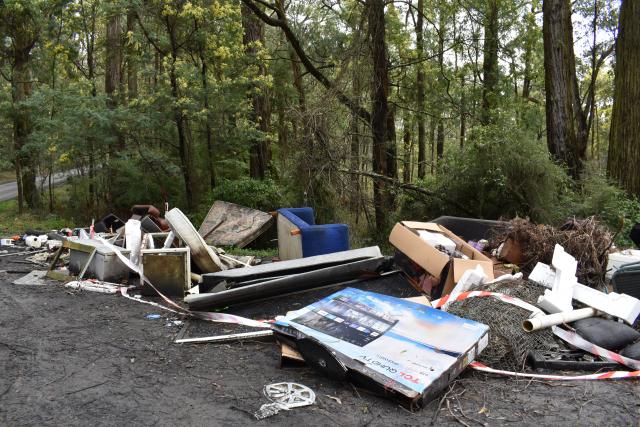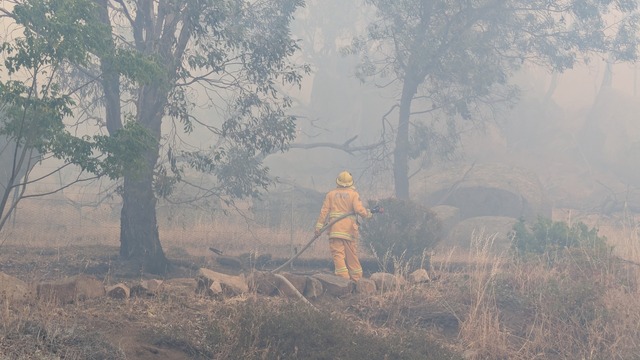Community members from across the Upper Yarra Valley took up an opportunity to develop Connection on Country on Thursday 13 November.
Attendees visited the Coranderrk Aboriginal Station, where Wurundjeri Woiwurrung elder and director at Wandoon Estate Aboriginal Corporation Jacqui Wandin led the event.
Ms Wandin said she would start by giving a timeline of the history of Coranderrk and some of the significant people behind it, something which wasn’t often given in the public realm in the past.
“This is William Barak, we know him as Uncle Barak, but he was given the first name because when colonisation happened I think people couldn’t understand that we didn’t have a second name,” she said.
“We were just given our birth name and where we come from, from that earth, and the gift of that name…and this is Borate, my great-great grandmother and they had given her the name Annie and this is Simon Wonga, who was older than Barak and is why there’s the place named Wonga Park.
“This beautiful man, all of the Wurundjeri people descend from this particular man, Robert Wandoon,that name actually means spirit in the water… if there was any strife out here at Coranderrk, it would be sorted out quick-smart by the presence of this man.”
All of these people were instrumental in the establishment and continued existence of Coranderrk Aboriginal Station when it was opened in 1863, having closed in 1924 after continued pressure from the Board for the Protection of Aborigines (the Board) who attempted to undermine the way of life there. They were also involved in the 1881 Inquiry into Conditions at Coranderrk Aboriginal Station, where 22 residents of Coranderrk called for support to live a self-sufficient and self-governed life at the site.
Ms Wandin said this place is truly the home of all Kulin Nation people at the time of colonisation, at the time when they were trying to fight for their rights.
“In Barak’s words, ‘Just let us have this place to bring our children up strong and in a healthy way’,” she said.
“All we hear about Aboriginal people is the statistics, but we’re real human people with stories and truths, and I don’t think you’re ever going to get the depth of Aboriginal life until you’ve read something like this (an excerpt of ‘We will show the Country’, a historical reenactment of the inquiry).
“I’m so fondly talking about my great-grandfather, but do you know it wasn’t until that play I realised who this person was… that was in 2010, the first time I found out about this beautiful man.”
Throughout the early history of Coranderrk, sympathetic white supporters of the First Nations people at Coranderrk attempted to help support and allow space for the continuation of their language, traditions and culture. These included Coranderrk’s first superintendent John Green (who was ousted by the Board) and his wife Mary as well as the wealthy Anne Bon, who helped the people of Coranderrk to lobby for better living conditions.
In the 1881 inquiry, Coranderrk residents complained about the lack of medical attention and warm clothing, the inadequacy of the houses, the enforced labour in the hops fields which left them with no time to produce their own crops or maintain fences and buildings, the lack of food and provisions and the lack of wages to purchase food with.
Ms Wandin said the 1881 inquiry was the first land rights movement that had happened and it was successful.
“Our people got to speak and we got to give evidence over the mistreatment of our people and that just was not heard of back then, we weren’t allowed to ever speak,” she said.
“They weren’t just Wurundjeri people, they are filled up with Taungurung, Dja Dja Wurrung, all of the mobs were there represented and they were not young fellows…Barak walked into parliament with a hardly-healed broken leg.
“He never stopped walking for our people and that’s the drive that I continue to have because I feel like it’s a waste if I don’t do something.”
Attendees of the event were later taken outside to view a number of panels by Ms Wandin and her niece Tahlia, which told more of the history of life at Coranderrk before returning to read from the submissions in the 1881 enquiry.
Anyone interested in the visitor program at Coranderrk can find out more at coranderrk.com/visitor-program.

